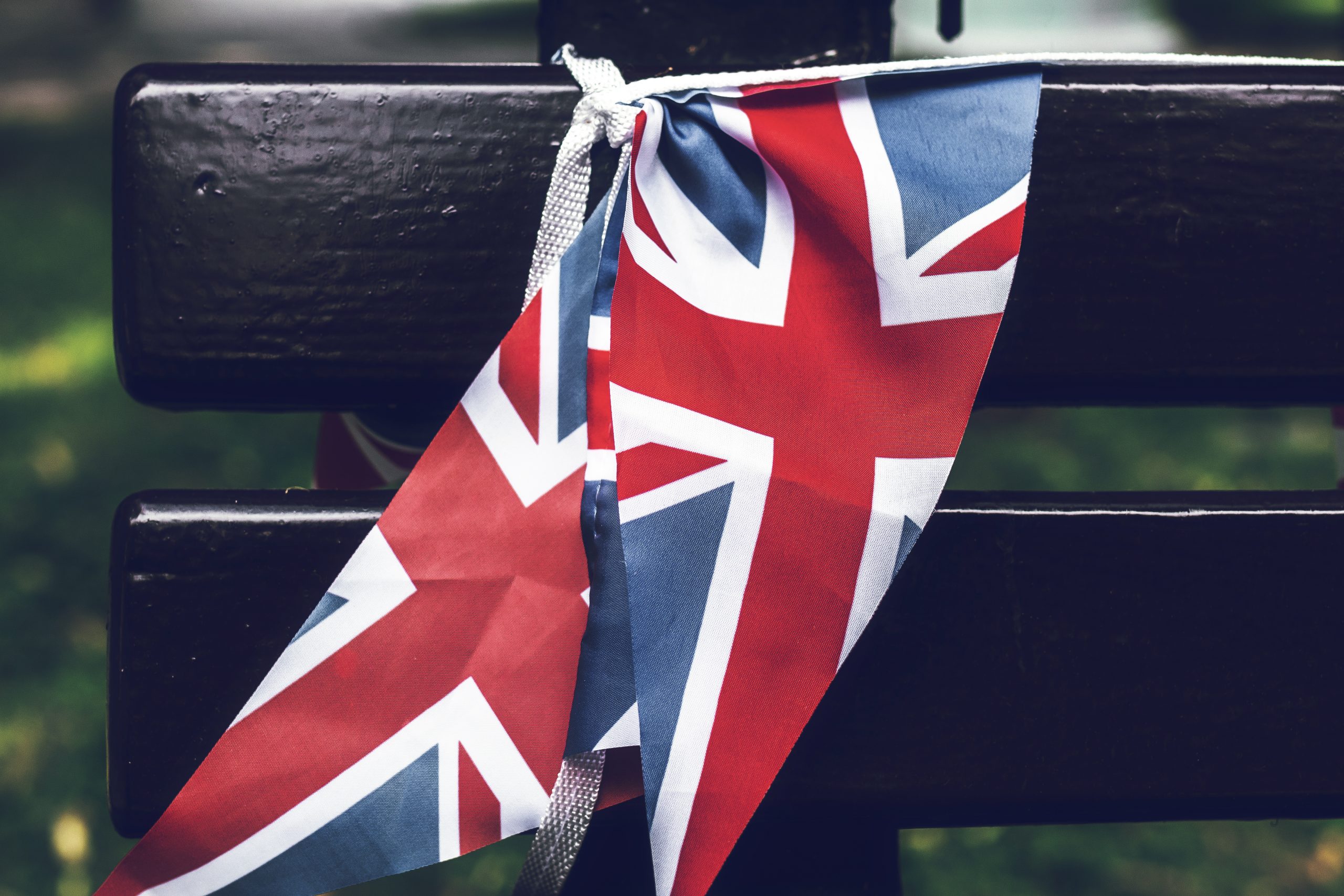Will Johnson’s record-breaking vaccination campaign deflate Scottish nationalism?

The analysis of the historian Domenico Maria Bruni, extracted from a Policy Brief of the Luiss School of Government
Today is a significant date for UK politics. On the same day there will be, among others, elections for the Scottish Parliament, by-elections in a key and symbolic constituency, and local elections in dozens of municipalities and cities. Here are some of the variables to be observed for an overall evaluation of this electoral round.
In the last two years, most analysts have hypothesized the emergence of a new flare-up of Scottish independence as a reaction to the UK's divorce from the European Union, a move – the latter – mostly disliked by the Scottish electorate. . The elections for the Scottish Parliament, on 6 May, will allow a first concrete verification of this hypothesis. It is certain that the Scottish National Party (SNP), a Scottish independence party, will come out of the polls as the first local party in terms of consensus and seats. This is a confirmation of what has already happened in recent years. More important will be assessing the extent of the SNP's victory. The threshold to be reached to speak of "triumph" coincides with the absolute majority of the seats in the Scottish Parliament. If such a threshold were reached and exceeded, then it would become more difficult to resist the call for a new referendum on Scotland's independence from the UK.
So far, the British Prime Minister, Boris Johnson, has attested to the position of his conservative predecessors: the referendum on Scottish independence has already been held in 2014, the proposal for secession has been defeated in the polls, so another referendum can be held. speaking again in the distant future, measured in terms of generations, this is the reasoning. Labor, although they are also "unionists" like the Conservatives and therefore opposed to Scottish independence, maintain a more wait-and-see position for now without explicitly excluding any hypothesis.
What to expect, then, on this front? The polls for the moment give the pro-separatists very close to an absolute majority of the seats. With some caveats:
– How fragmented will the independence front be? There are three independence parties: the SNP, the Greens and Alba, the latter recently founded by former SNP leader Alex Salmond in controversy with the current SNP leadership. According to the latest polls, the SNP could miss an absolute majority by a whisker (two or three seats). Even if, thanks to the complex voting mechanism, the objective of an absolute "independence" majority should still be achieved. From a political point of view, however, there could be a certain difference on the possible timing of the request for a second referendum, depending on whether this majority is made up of SNPs and Greens, or SNPs and Alba.
– How long will the Conservatives keep? The Tories in Scotland have been losing voters since the 1970s, with an evident acceleration since the Margaret Thatcher years. However, in the 2015 Scottish Parliament elections, the Tories managed to establish themselves as the second party behind the SNP, bypassing Labor. If they manage to keep this role again this time, perhaps by strengthening their position a little in relation to the other parties, they would increase their resistance to SNP and allied projects.
– Above all: is independentism still a majority? In recent weeks, judging by the polls, we are witnessing a decidedly new phenomenon in the Scottish electorate: for the first time since Brexit, in fact, the desire for an independent Scotland seems to split the Scottish electorate in half, with some polls who even estimated it by a whisker below 50%. A change that can probably be explained in two ways. First, the successful management of the vaccination campaign by the London government, especially when compared with the slowness and inefficiencies of continental Europe, may have changed some Scottish voters' minds on the relevance of the "Brexit" issue. Secondly, a possible secession of Scotland from the United Kingdom would entail the creation of a hard border between the two new entities, with related obstacles and costs for the exchange of goods and for the economy in general, in the face of a relationship with the European Union still has to be conceived and built.
This is a machine translation from Italian language of a post published on Start Magazine at the URL https://www.startmag.it/mondo/la-campagna-vaccinale-record-di-johnson-sgonfiera-il-nazionalismo-scozzese/ on Thu, 06 May 2021 07:52:01 +0000.
